Google Pixel 4 XL vs iPhone 11 Pro Max

These are two of the best phones of the year: the Google Pixel 4 XL and the iPhone 11 Pro Max, but what are the differences and which one should you go for?
Design
When are we getting that iPhone with USB-C?
On the bottom, you have the universal USB-C port for charging on the Pixel, while the iPhone still goes with a Lightning connector. And this really is just annoying: USB-C is everywhere and it’s a pain that Apple sticks with its own proprietary connector. Lightning cables are more expensive and the ones that Apple makes break easily.
Speaking of annoyances, there is no headphone jack on either one and you’d need a dongle for wired headphones.
Display
In my opinion, the one feature that makes flagship these days stand out from cheaper phones is display quality and these two are an absolute joy.
Both have OLED screens and both look incredible. Pixels used to have sub-par screens just a couple of years ago, but the Pixel 4 XL really is an amazing screen, with very nice color balance and excellent viewing angles. The Pixel also looks a bit sharper thanks to its higher resolution.
Performance
The iPhone might have the upper hand in benchmarks, but the Pixel feels faster
Which one is faster in daily use?
Apple has always been the gold standard for a smooth performance, but this year, the Pixel feels like the faster phone. This is mostly because gestures finally work well on the Pixel, but also because its screen refreshes 90 times per second, while the iPhone one refreshes 60 times per second. Everything seems to move smoother and faster than before, while the iPhone feels smooth, but slower.
This is a perfect example of a situation where specs don't tell the full story: in benchmarks, the iPhone is the faster phone and it has the superior chip, but still, it doesn't respond as instantly and swiftly as the Pixel.
This is a perfect example of a situation where specs don't tell the full story: in benchmarks, the iPhone is the faster phone and it has the superior chip, but still, it doesn't respond as instantly and swiftly as the Pixel.
Radars might sound cool, but they are nothing but a gimmick at the moment
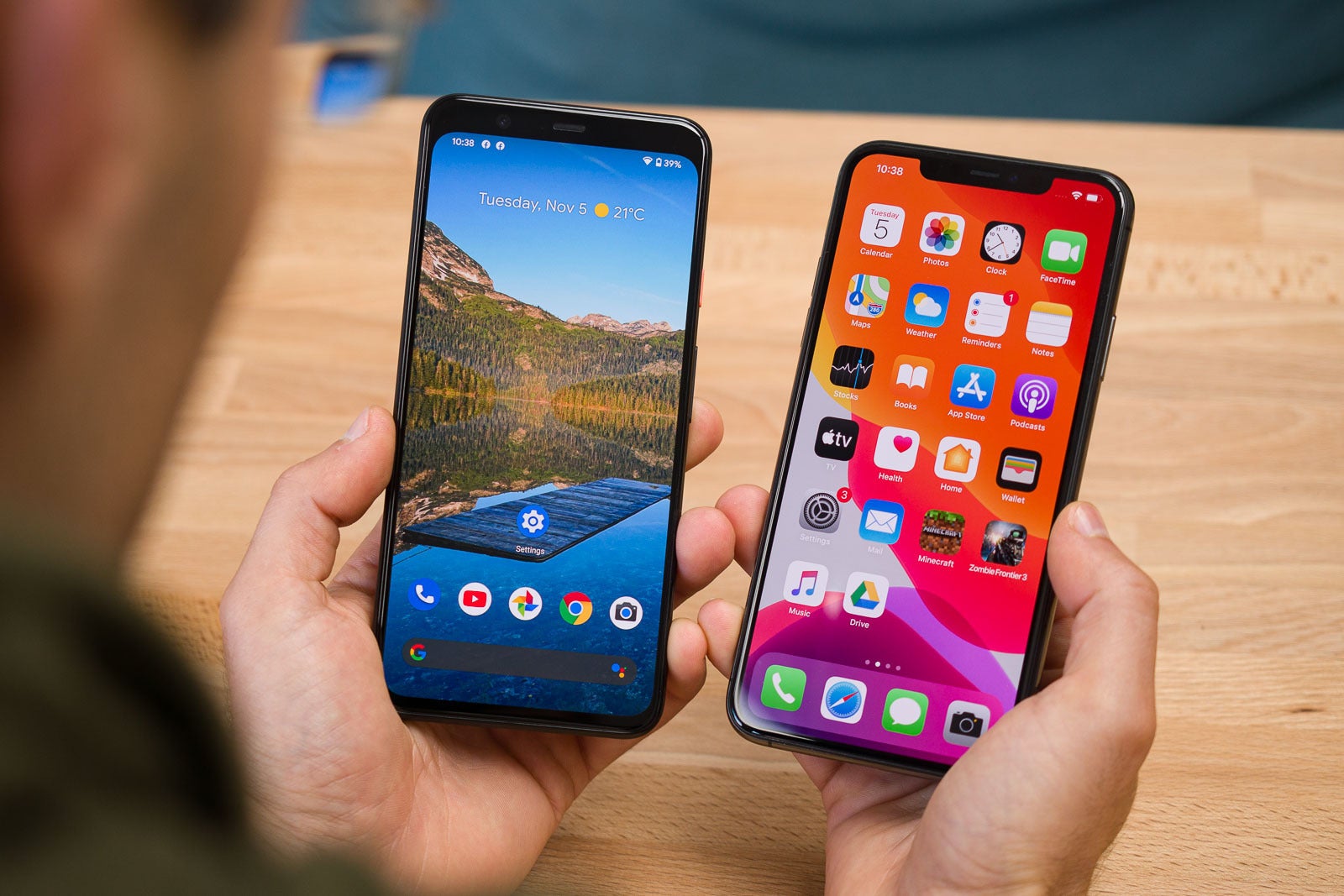
The Pixel is also a joy to use because it gets the small things right: take the Live wallpapers for example. They are extremely well made, even that Pikachu one is a ton of fun, and the Apple one feel a bit boring, honestly.
However, when it comes to functionality iOS has a few features that are missing on the Pixel: there is no native screen recorder, for example, an extremely useful feature if you want to record just a part of a video; then Dark Theme is available on the Pixel but instead of automatically turning on at night, you have to enable it manually every single time which is just… stupid.
However, when it comes to functionality iOS has a few features that are missing on the Pixel: there is no native screen recorder, for example, an extremely useful feature if you want to record just a part of a video; then Dark Theme is available on the Pixel but instead of automatically turning on at night, you have to enable it manually every single time which is just… stupid.
Oh, and Motion Sense, that futuristic technology using real tiny radars in the Pixel 4 XL? It might sound cool on paper, but in reality, it has little use except for skipping songs and even with that we found that you would often accidentally switch to the next song when you move your hand above the device. And... this just became annoying very quickly, so we had to turn it off after a couple of hours of use.
We won’t go into the whole Android versus iOS thing, I bet you are well aware of the limitations of the closed file system in iOS.
Biometrics
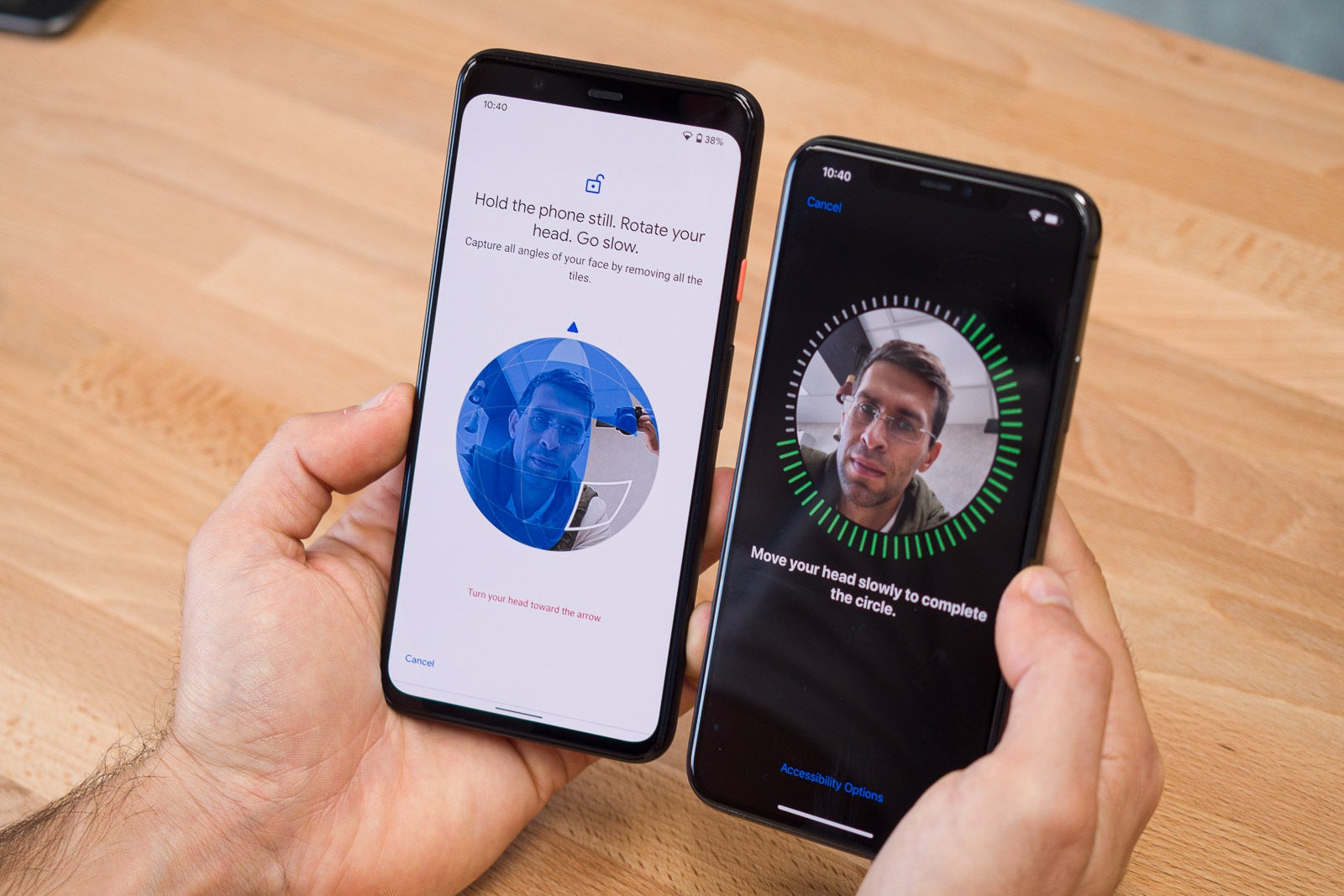
The Pixel 4 XL is the first phone made by Google that uses a 3D face recognition system, similar to the one we are now used to seeing on iPhones.
However, there is one big problem with this new system on the Pixel and that problem is that while the system is extremely fast, it is completely unsecure. It will unlock your phone even when you have your eyes closed, an absurd situation that allows anyone to just point your phone at your face and have it unlock. You can be sleeping and someone can just point the phone at you and it will unlock. We have no idea how this got approved by Google, but it's a terrible decision in terms of security. The company has promised an update that will add the option for face unlock to only work when you are attentively looking for it, but it really should have been this way from the very beginning.
Face ID on the iPhone, on the other hand, requires you to attentively look at it to unlock and is the proper, safe way to do face recognition. But yes, the Pixel is the faster of the two as it also uses the radars to understand better when you have raised your phone and instantly unlock the phone.
Cameras
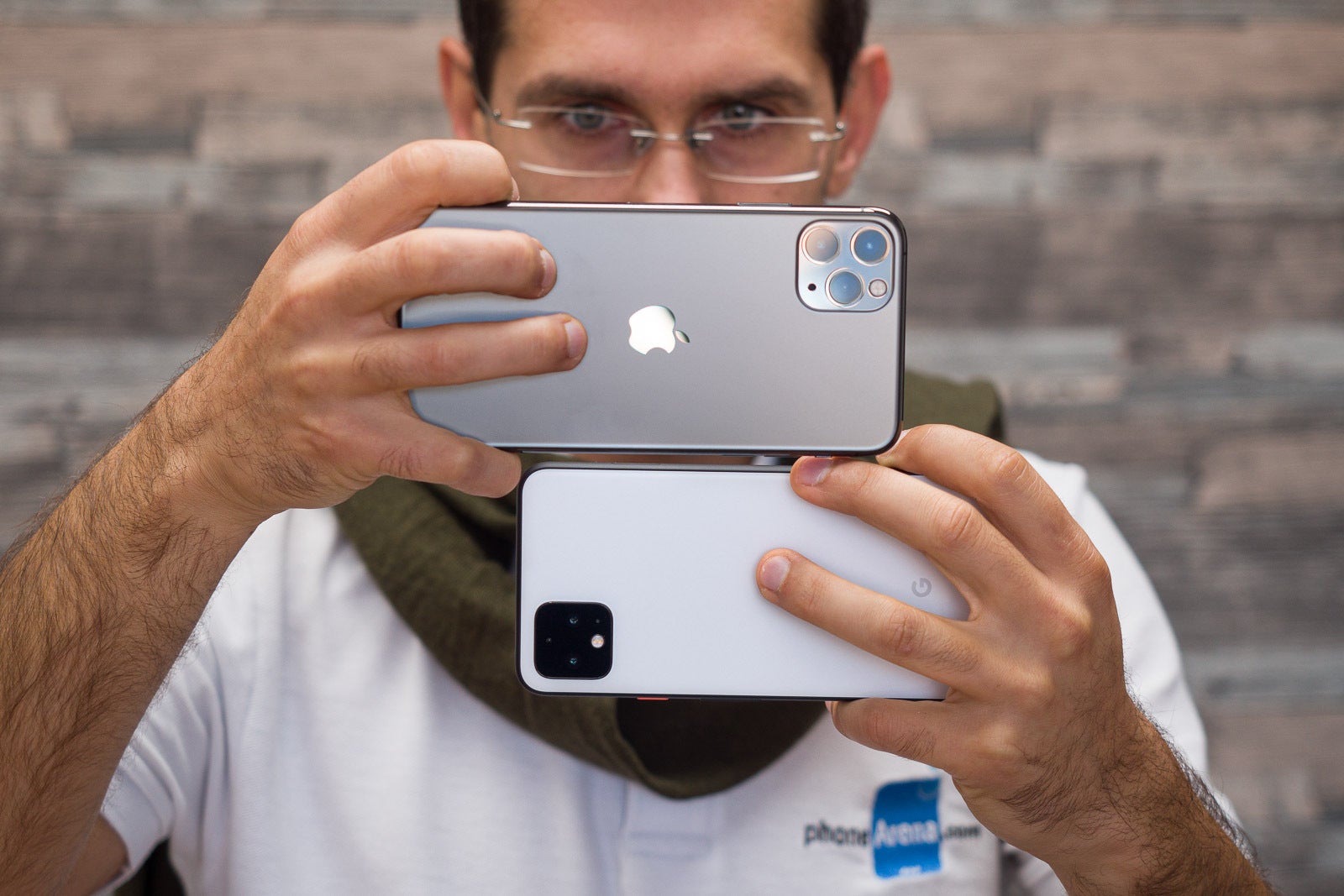
So what about the cameras?
Put shortly, the iPhone has a bit more versatility with its triple camera system that supports an ultra-wide camera, while the Pixel only has a regular and telephoto shooters, but no ultra-wide angle one. Google says it doesn't consider it an important feature, but we beg to differ as we use the ultra-wide camera quite a bit and it can give you some truly amazing shots.
Image quality
There are a few trends that we can see in the photos: first and most obvious is that the iPhone photos look brighter and consistently come out with higher exposition. We would say that they are a bit overexposed, while the Pixel goes a bit in the other extreme with photos that appear a bit underexposed. The perfection is somewhere in the middle. One area where we find the Pixel has the clear advantage is with white balance as the iPhone insists on taking pictures with a yellow tint to them, while the Pixel has a more natural white balance.
Portraits
In this particular photo, the iPhone clearly did better as the Pixel could not differentiate between the hair of our beautiful model and the books in the background, but we have seen the iPhone struggle similarly when there are glasses involved. So this photo is meant to be an illustration how portrait good is good on both phones, but far from perfect and you'd get the occasional mistakes like the one here.
Night Mode
The addition of Night Mode on the iPhone is probably the biggest new feature and we are glad to report that it works quite well. You don't need to select a Night Mode manually, the phone just knows when it's dark enough and uses the mode automatically. Still, we see the same issue with a yellow-ish tone to all photos, it's not a dealbreaker, but it's also definitely not quite accurate. The Pixel does a slightly better job at night even if sometimes the iPhones gets the better detail. The Pixel photo looks well balanced with a good color balance. And while the Night Sight on the Pixel was among the first on the market, we wish Google took a page off Apple's book and allowed it to kick in automatically rather than having it all-manual.
Selfies
You see some clear differences in the approach to selfies these two phones take: the Pixel has the more contrasted photo that is also a bit darker, while the iPhone has a slightly overexposed shot.
Battery Life
The iPhone beats the Pixel for battery life, but the Pixel lasts surprisingly long for gaming
The iPhone has the slightly bigger battery and it also lasts longer: for browsing and social media, the iPhone outlasts the Pixel in our testing by a significant margin. And then, for YouTube video streaming, the iPhone lasts nearly 9 hours while the Pixel only goes for 7 hours and 17 minutes. These are two of the things people do most commonly, so overall, you will be getting longer battery life with the iPhone.
Surprisingly, for 3D gaming in games like Fortnite and Minecraft, the Pixel lasts a really long time: a whopping 8 hours and 20 minutes compared to 5 hours and 15 minutes for the iPhone.
Both support fast charging, and both also have wireless charging on board.
Both support fast charging, and both also have wireless charging on board.
| Pixel 4 XL | iPhone 11 Pro Max | |
|---|---|---|
| Battery size | 3700 mAh | 3969 mAh |
| Browsing Test | 9 hours 32 minutes | 12 hours 53 minutes |
| YouTube Video Streaming | 7 hours 17 minutes | 8 hours 58 minutes |
| 3D Gaming | 8 hours 20 minutes | 5 hours 15 minutes |
| Total Use Time | 8 hours 23 minutes | 9 hours 48 minutes |
Prices
The Pixel might not be cheap, but the iPhone is downright expensive
Starting at $900, the Pixel 4 XL is clearly an expensive phone, but it's nowhere nearly as pricey as the iPhone 11 Pro Max.
The base iPhone model starts at $1,100, which is $200 more than a comparable Pixel. And then, if you opt in for more storage, those upgrades cost a lot too, but you do have the option to go all the way up to 512 gigs, while on the Pixel your maximum capacity is 128GB.
Finally, we should say that previous Pixel phones have quickly seen their prices cut by a couple of hundred dollars shortly after their launch and we expect the same thing will happen this year. So yes, the Pixel is the better deal, but if you wait out for a deal, chances are that you can get it at an even better price.
| Model | Google Pixel 4 XL | Apple iPhone 11 Pro Max |
|---|---|---|
| 64GB storage | $900 | $1,100 |
| 128GB | $1,000 | x |
| 256GB | x | $1,250 |
| 512GB | x | $1,450 |
Conclusion
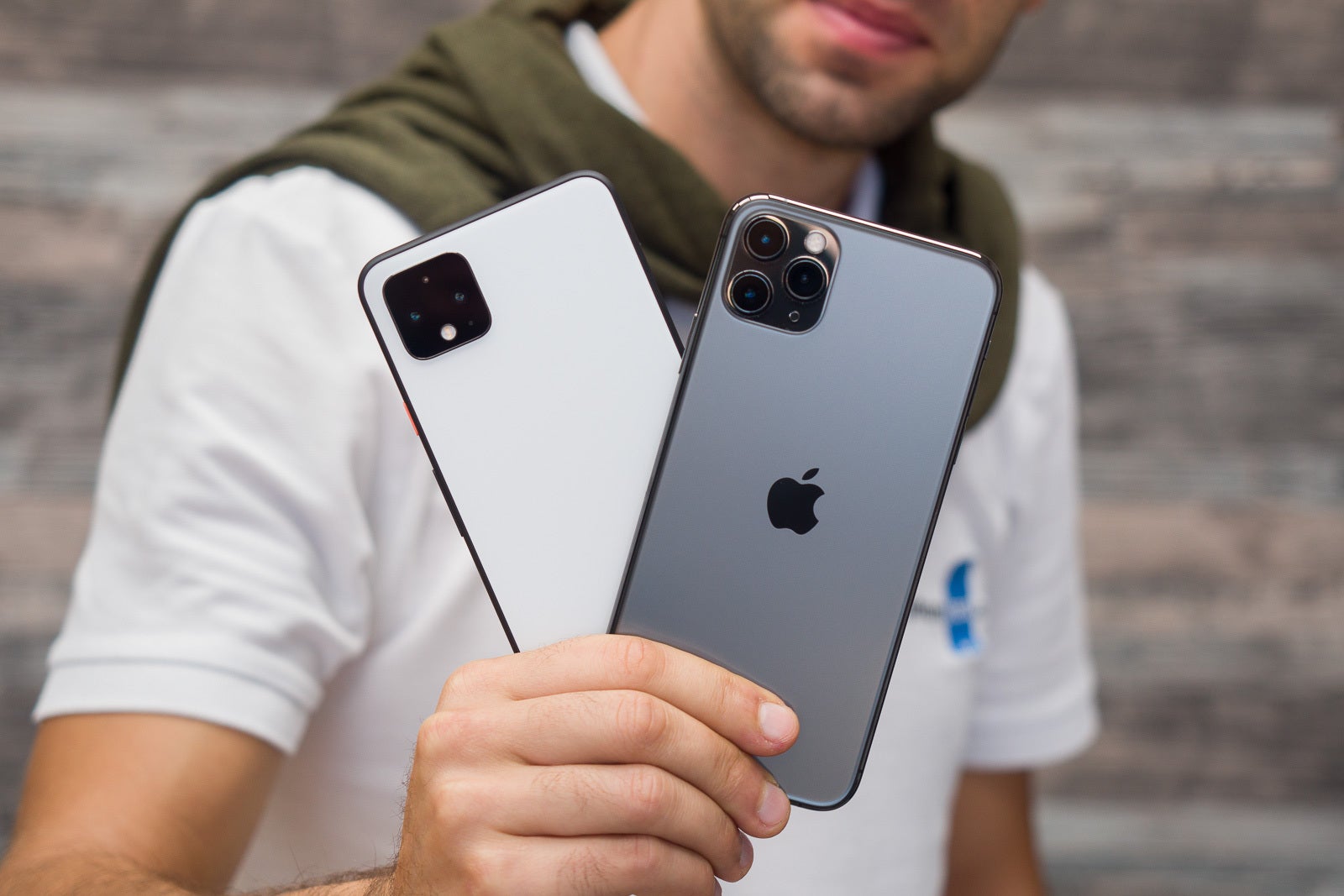
Summing it all up, the Pixel 4 XL feels like the fastest, most enjoyable Android phone out there, and also the one with the best camera. But how does it compare against the iPhone?
Well, the iPhone beats it in terms of battery life, video recording quality, and that stronger iOS ecosystem plus the ability to pair it with the popular Apple Watch, AirPods and other accessories is not to be underestimated.
It's hard to recommend one over the other, but if you want to save a few bucks and value low-light photography, as well as prefer the open Android ecosystem, the Pixel is the one you should get. If money is no object, the iPhone will give you that extra battery life and the reliability that comes with iOS. Your choice.
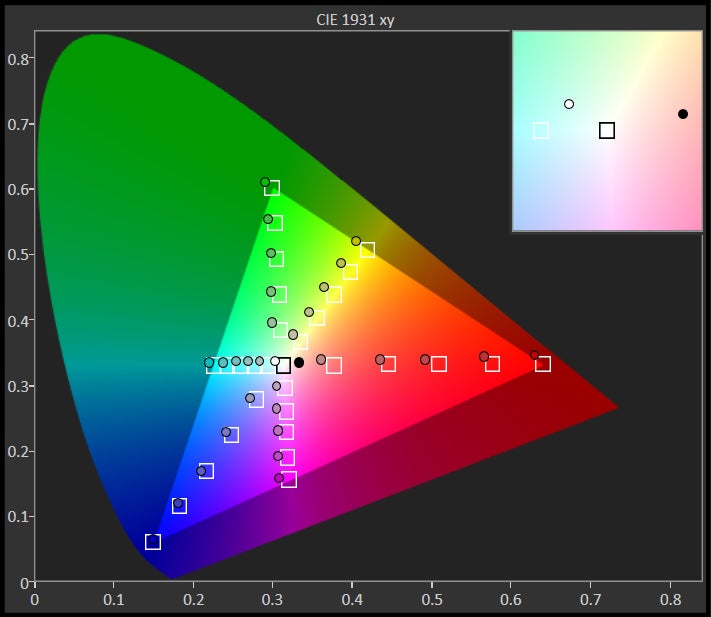









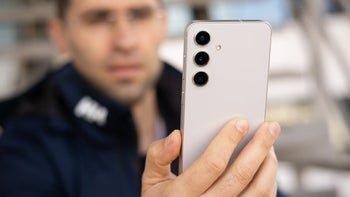
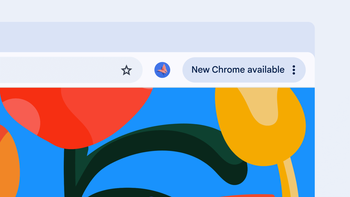
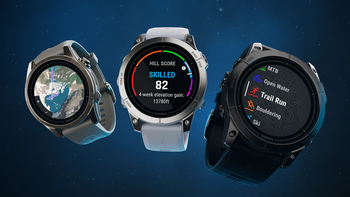
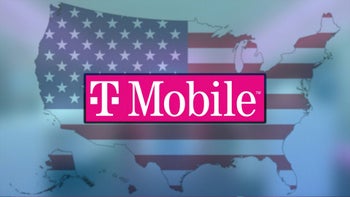








Things that are NOT allowed: